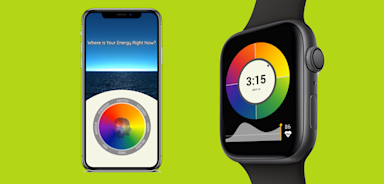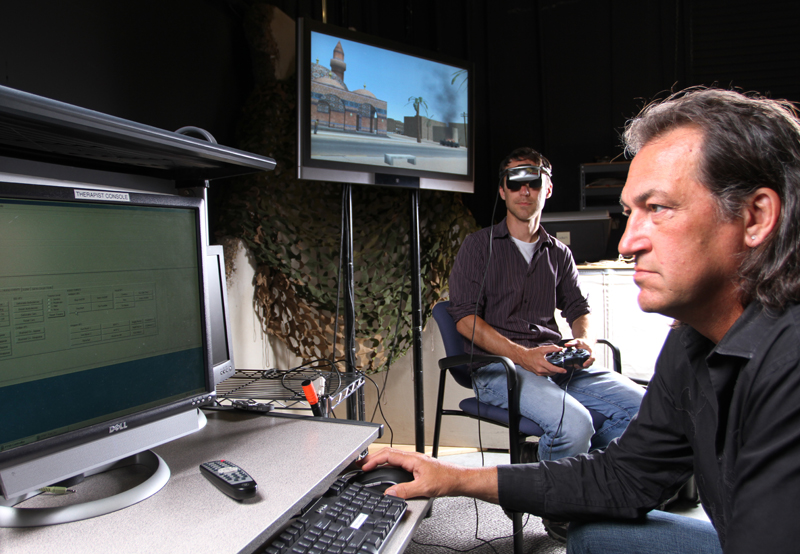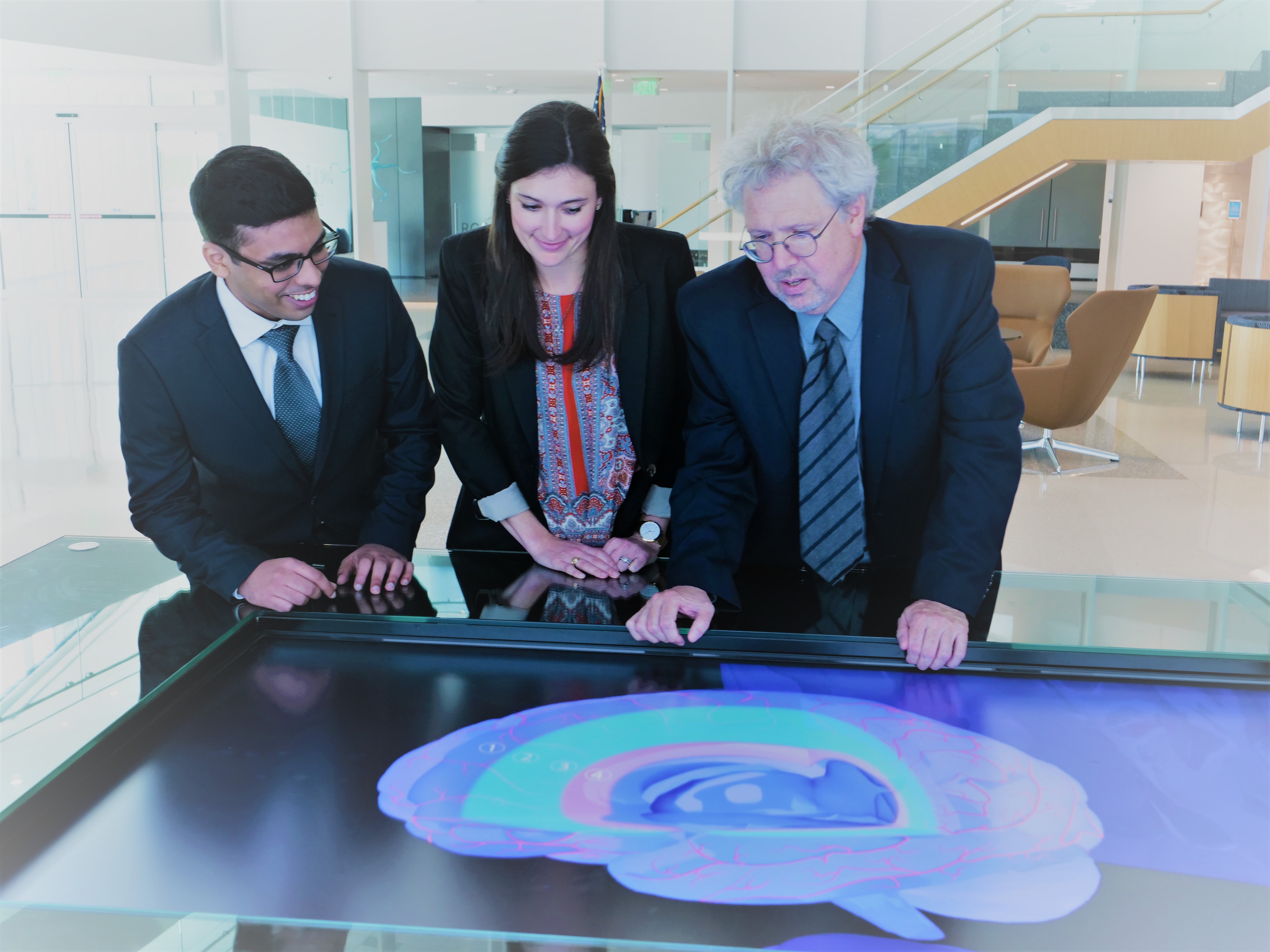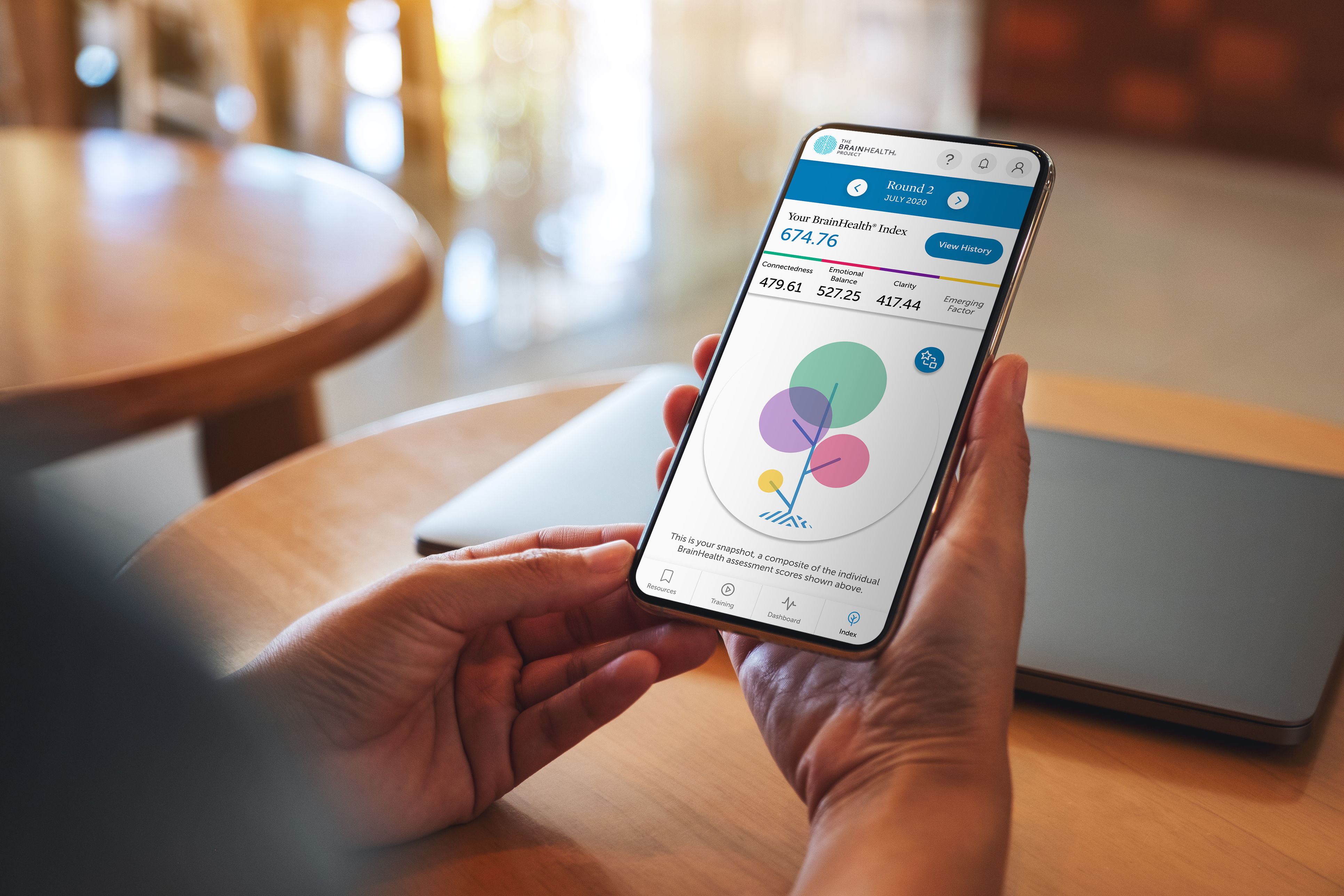
Mindcurrent Partners With Center for BrainHealth to Map Human Emotions
Center for BrainHealth
Share this article

Daniel Krawczyk, PhD
Deputy Director of Research Debbie and Jim Francis Chair and Professor, School of Behavioral and Brain Sciences

Stephen B. White, JD
Chief Operating Officer
RELATED INFORMATION

Center for BrainHealth Joins StrongMind Alliance
The Center for BrainHealth to provide the BrainHealth Index and High-Performance Brain Training to veterans through StrongMind Alliance.

Center for BrainHealth Researchers Develop Groundbreaking Biomarker to Predict Cognitive Change in Multiple Sclerosis
The “arterial compliance index” (ACI) is a novel biomarker which could help monitor the disease, aid in treatment, and distinguish between people who are prone to develop cognitive impairment and those who are not.

Precision BrainHealth: Groundbreaking Study Establishes a Personalized Measure and Training Protocols, With Potential to Revolutionize Global Health
Center for BrainHealth trial unveils BrainHealth Index as powerful new tool in quest for lifelong brain health.